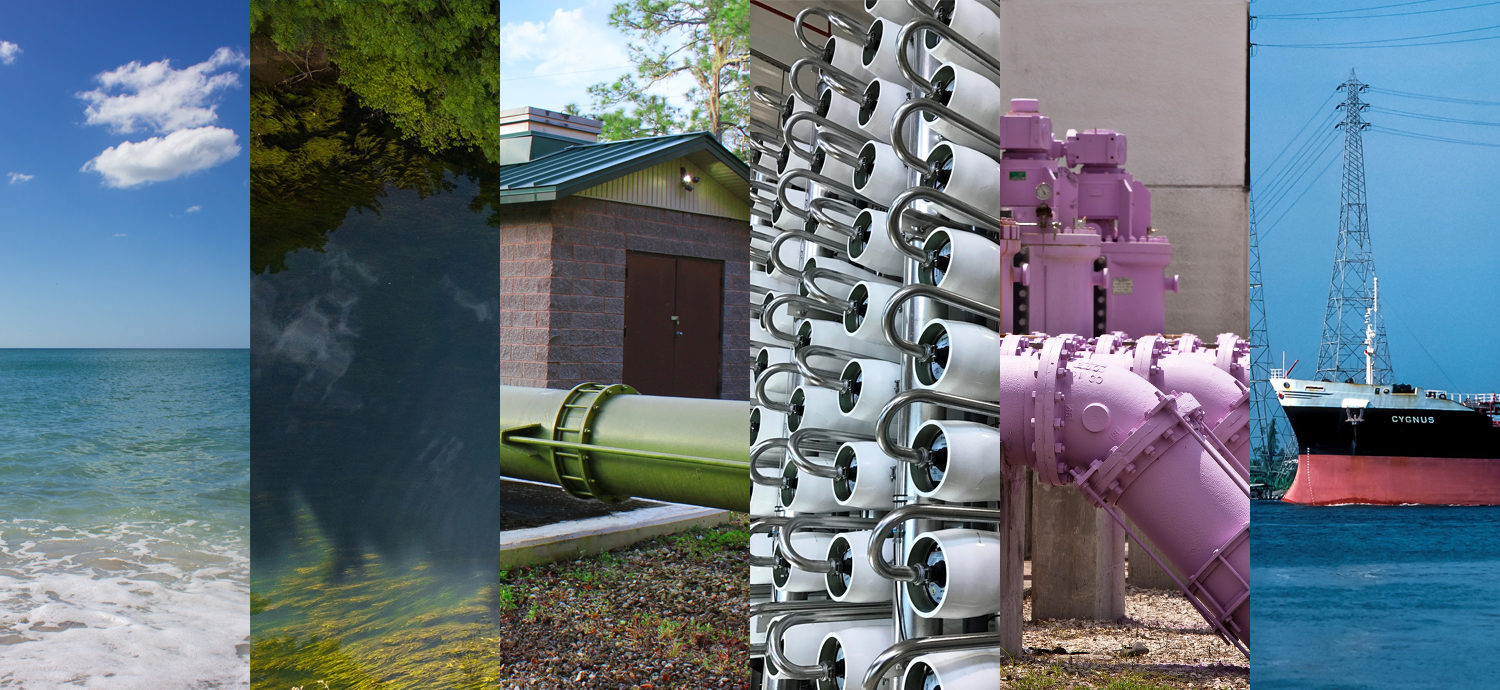Tampa Bay Water Blog

Board Codifies Policy for Long-term Supply Project Consideration
Tampa Bay Water’s Long-term Master Water Plan is the utility’s blueprint for water supply development to ensure the region has adequate drinking water in the future. Periodically, new water supply project concepts come to the utility from outside this process, which can affect project selection timing and make project comparisons and ranking difficult due to disparities in data and feasibility studies.
To ensure all projects are analyzed equally by detailed direct comparison and are within the utility’s planning cycle, Tampa Bay Water’s board in January approved a Long-term Master Water Plan policy that establishes:
- All water supply project concepts be considered within the agency’s Long-term Master Water Plan process; all project concepts using a source from a member government or outside entity must undergo the same level of planning and feasibility studies as other projects within the Long-term Master Water Plan to provide the Board with like data and information needed to select future supply projects for implementation.
- Agency staff must create a formalized process for inclusion of water supply project concepts in Tampa Bay Water’s Long-term Master Water Plan; agency staff provides this process to Tampa Bay Water member government utility directors and other entities that want to provide water supply options for consideration. Projects introduced after the feasibility stage of the cycle has begun will be considered as part of the next long-term master water planning cycle.
- Any entity that seeks to provide water supply source(s) must enter into an agreement-in-principle with Tampa Bay Water to provide water supply source(s) for the purpose of creating a long-term regional water supply project; this agreement must be approved and signed by the governing body of the entity before Tampa Bay Water proceeds with project feasibility studies.
The new policy is designed to formalize the planning process for all potential projects, provide the board with apples-to-apples data by which it can compare projects, and save the utility time and money by securing commitments from outside entities before dollars are spent on more detailed feasibility studies. The new policy does not preclude the board from approving projects to meet short-term demand or for emergencies.
Categories
Archive
- April 2025 (1)
- March 2025 (6)
- February 2025 (7)
- December 2024 (2)
- October 2024 (4)
- September 2024 (6)
- July 2024 (5)
- June 2024 (4)
- April 2024 (6)
- March 2024 (5)
- January 2024 (5)
- November 2023 (4)
